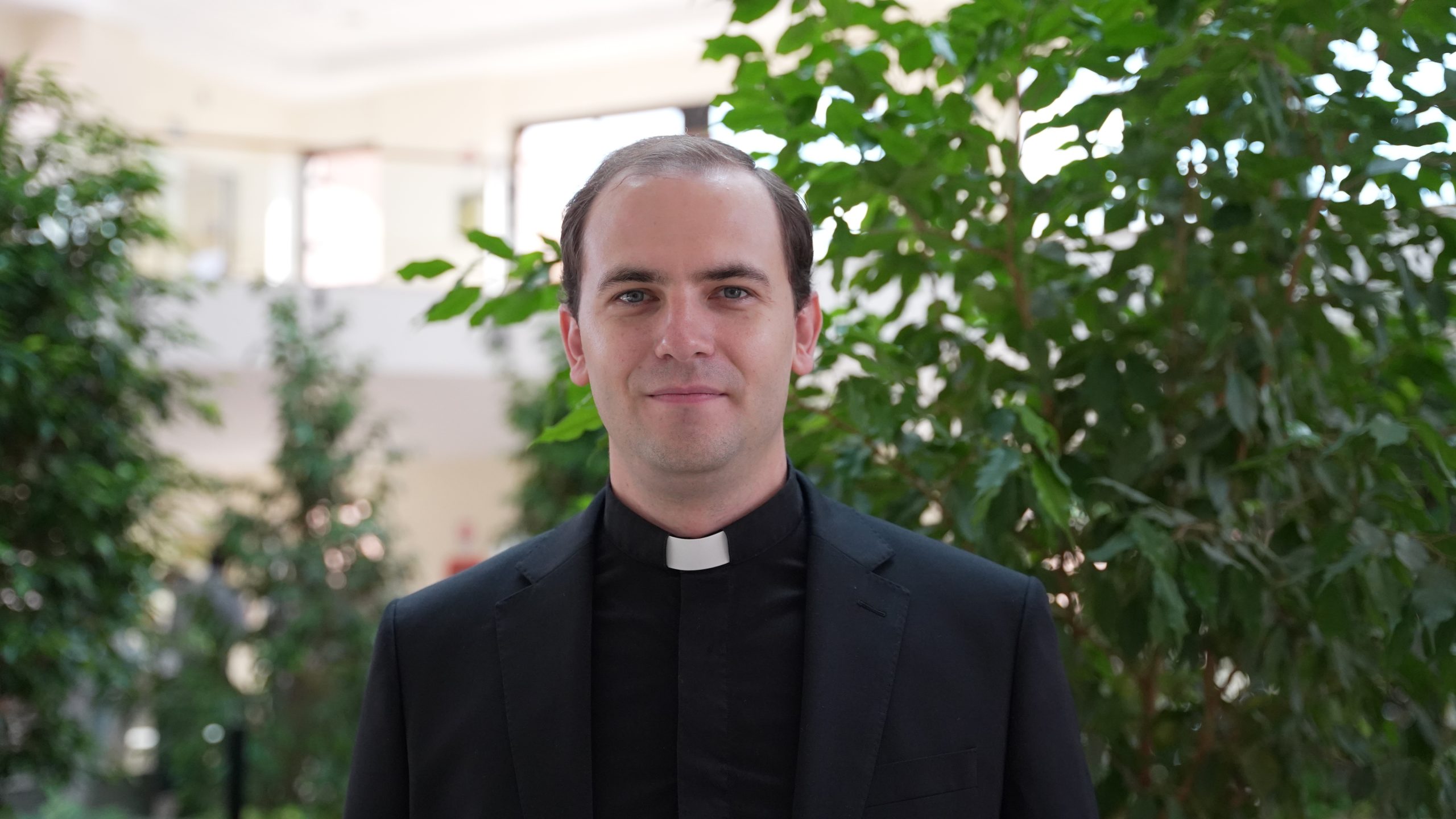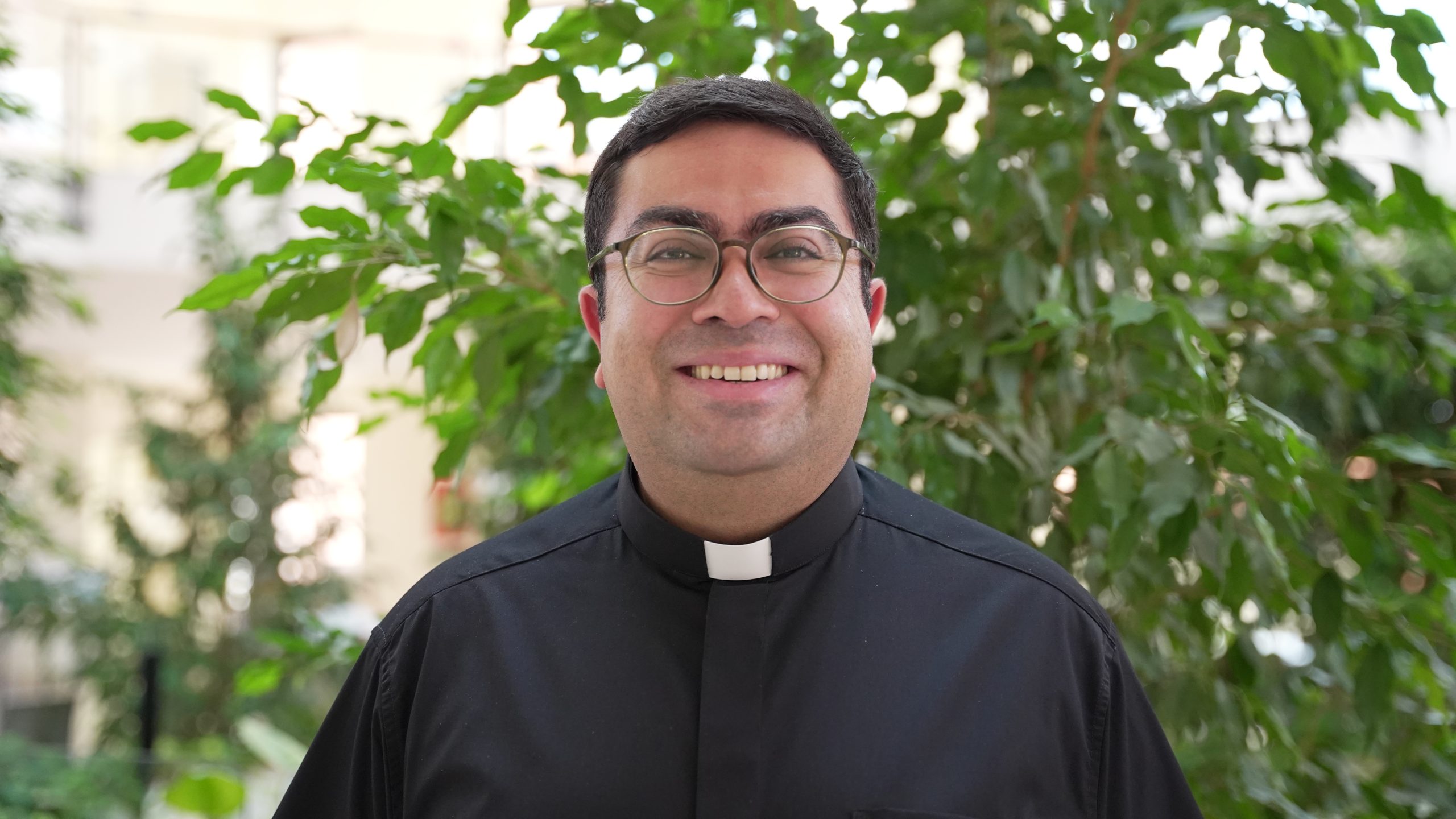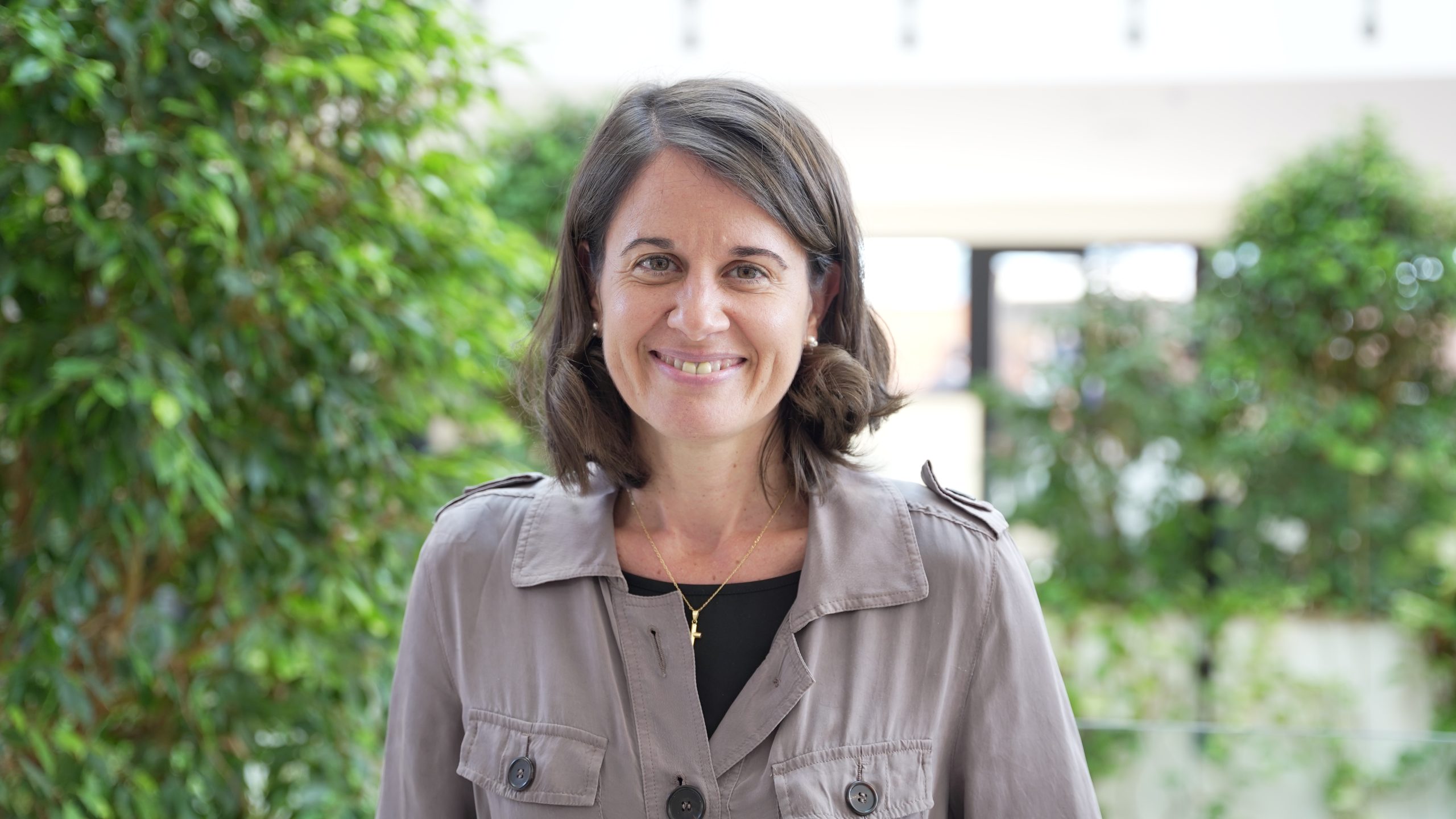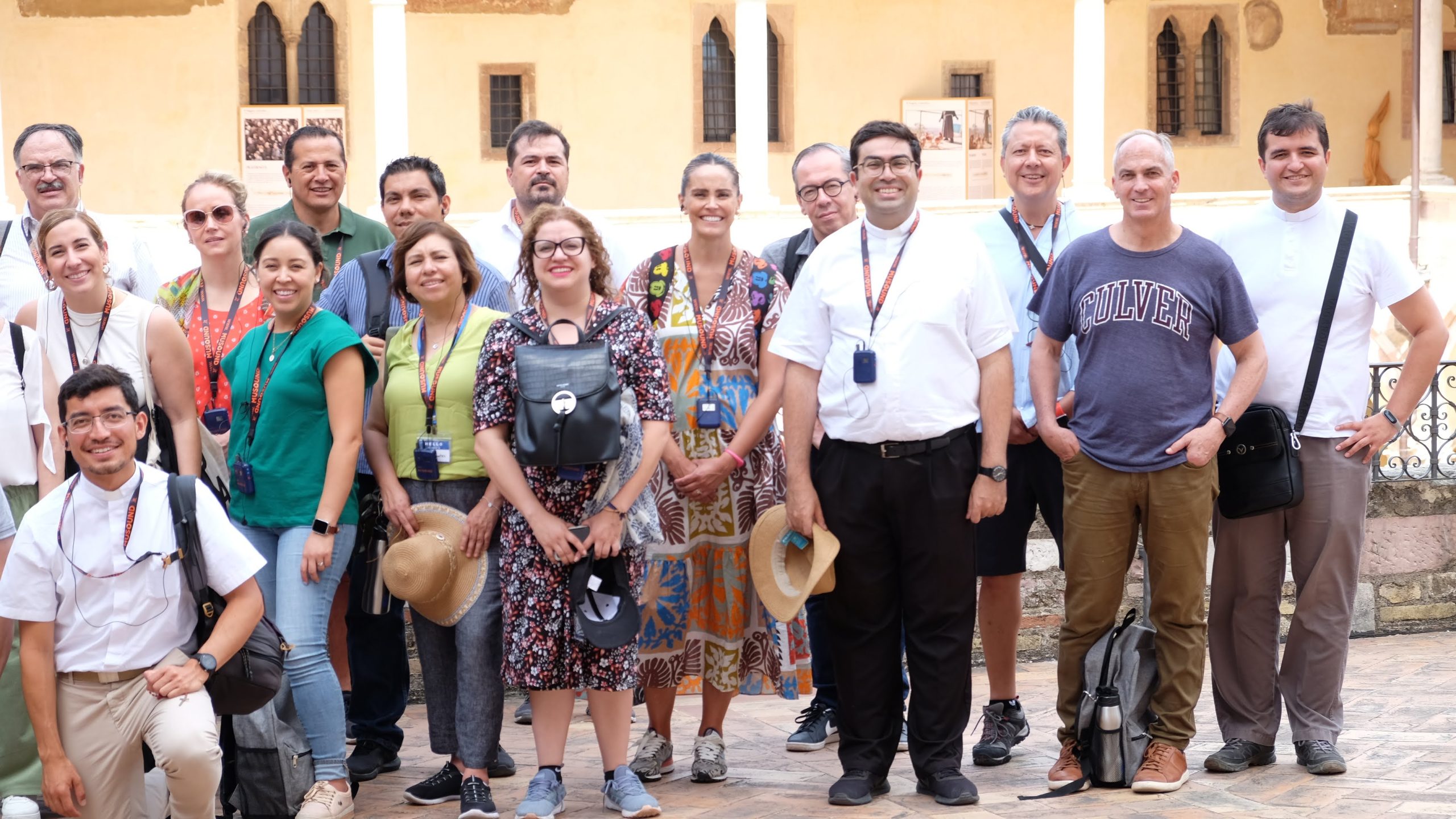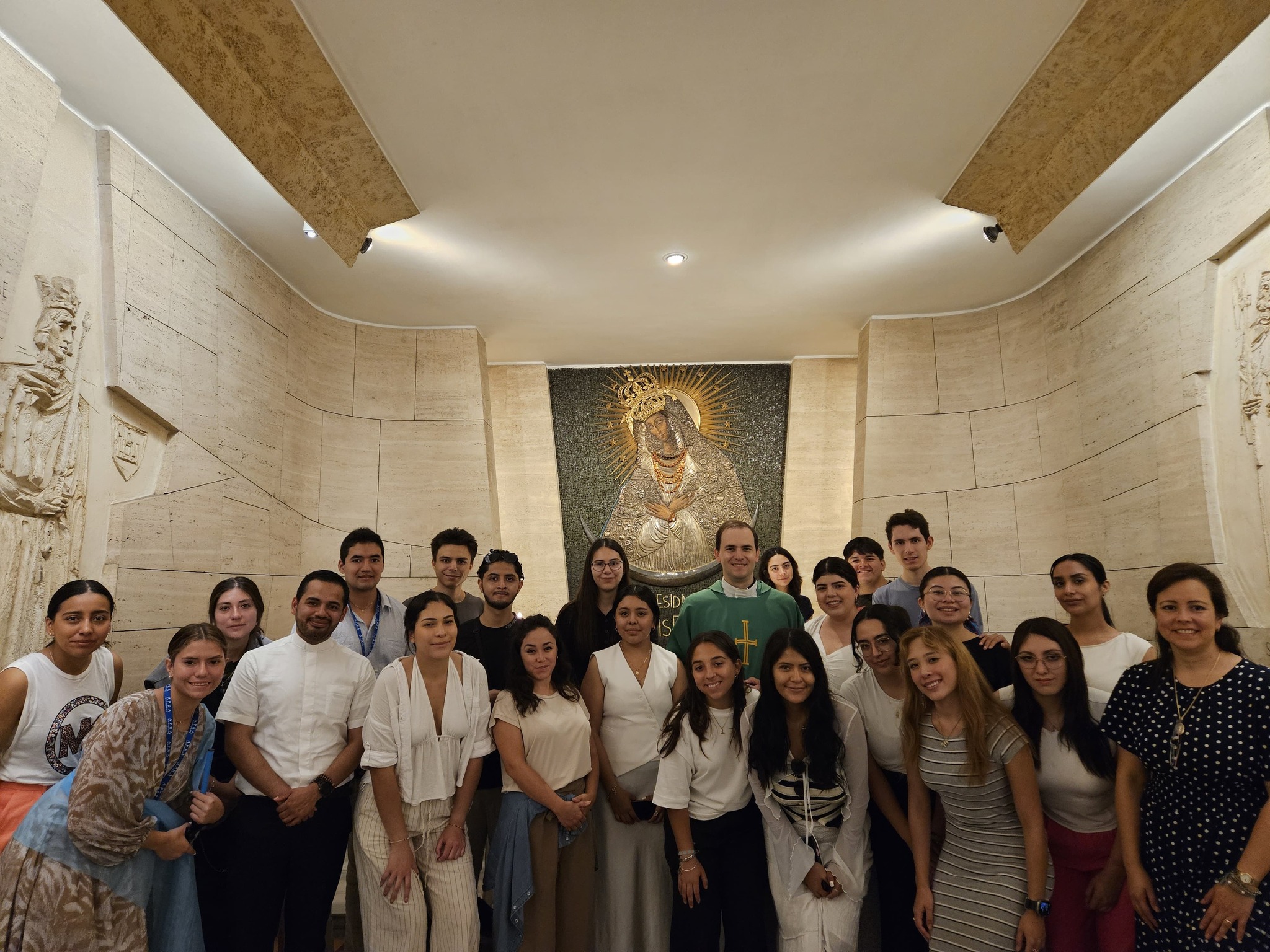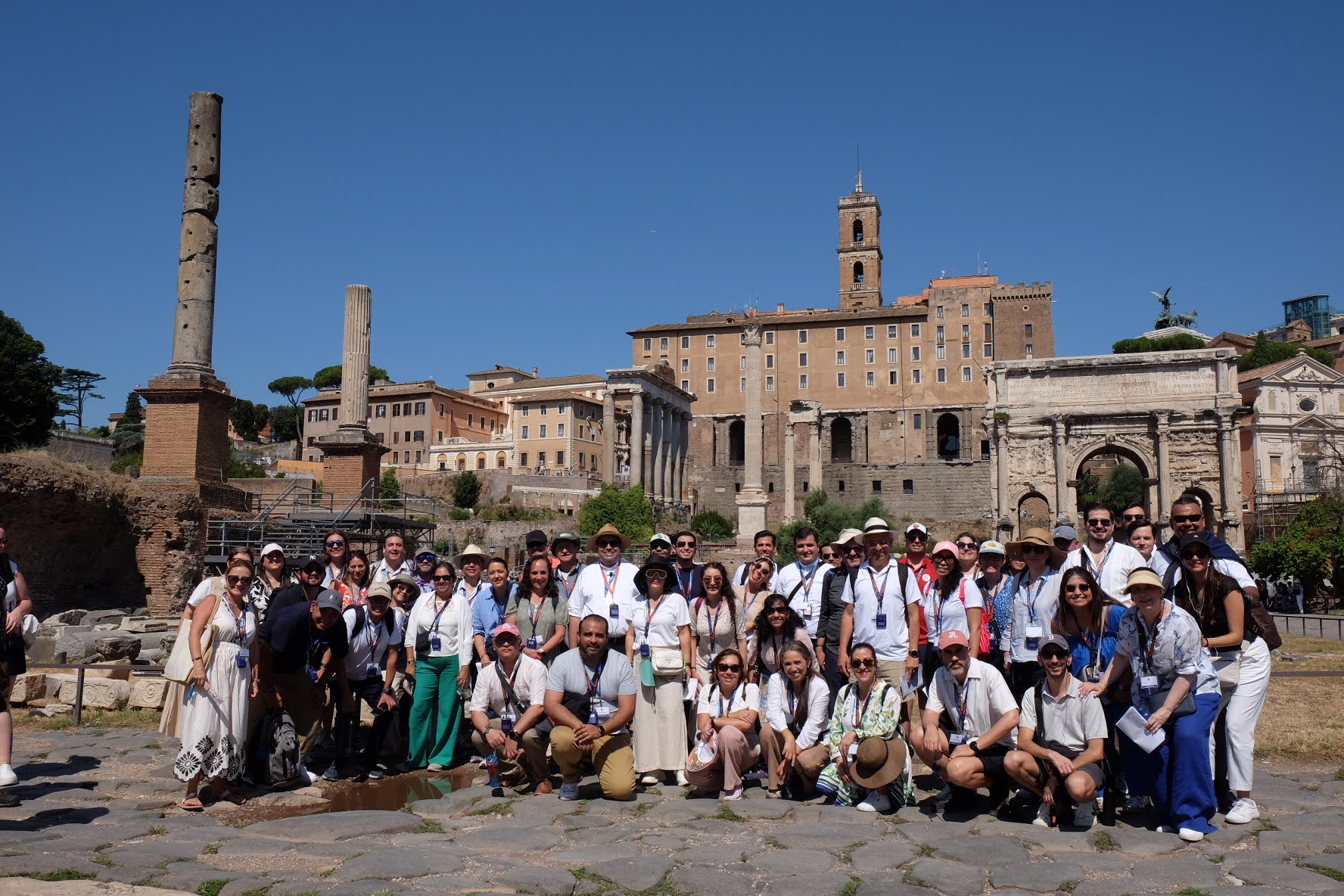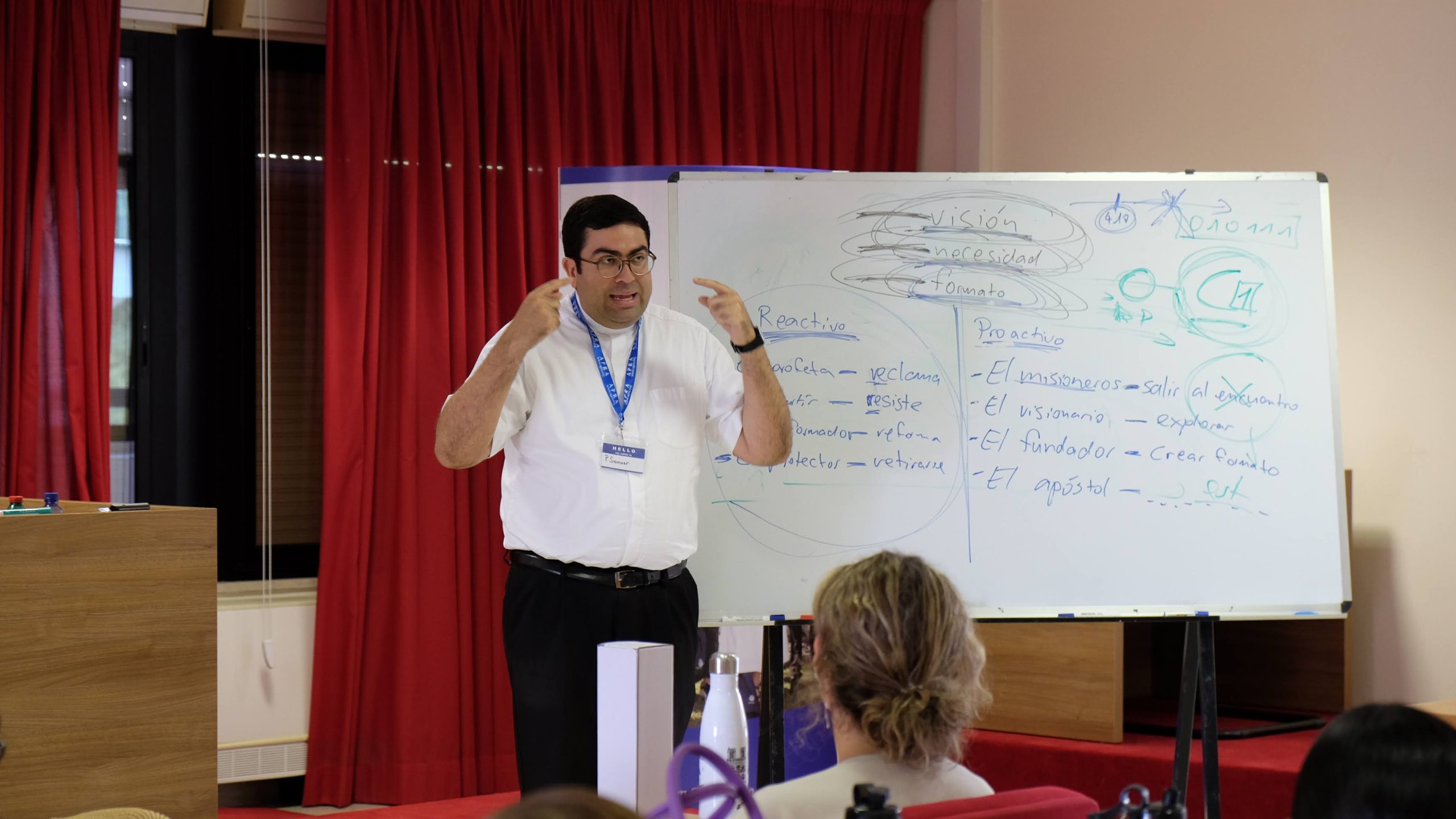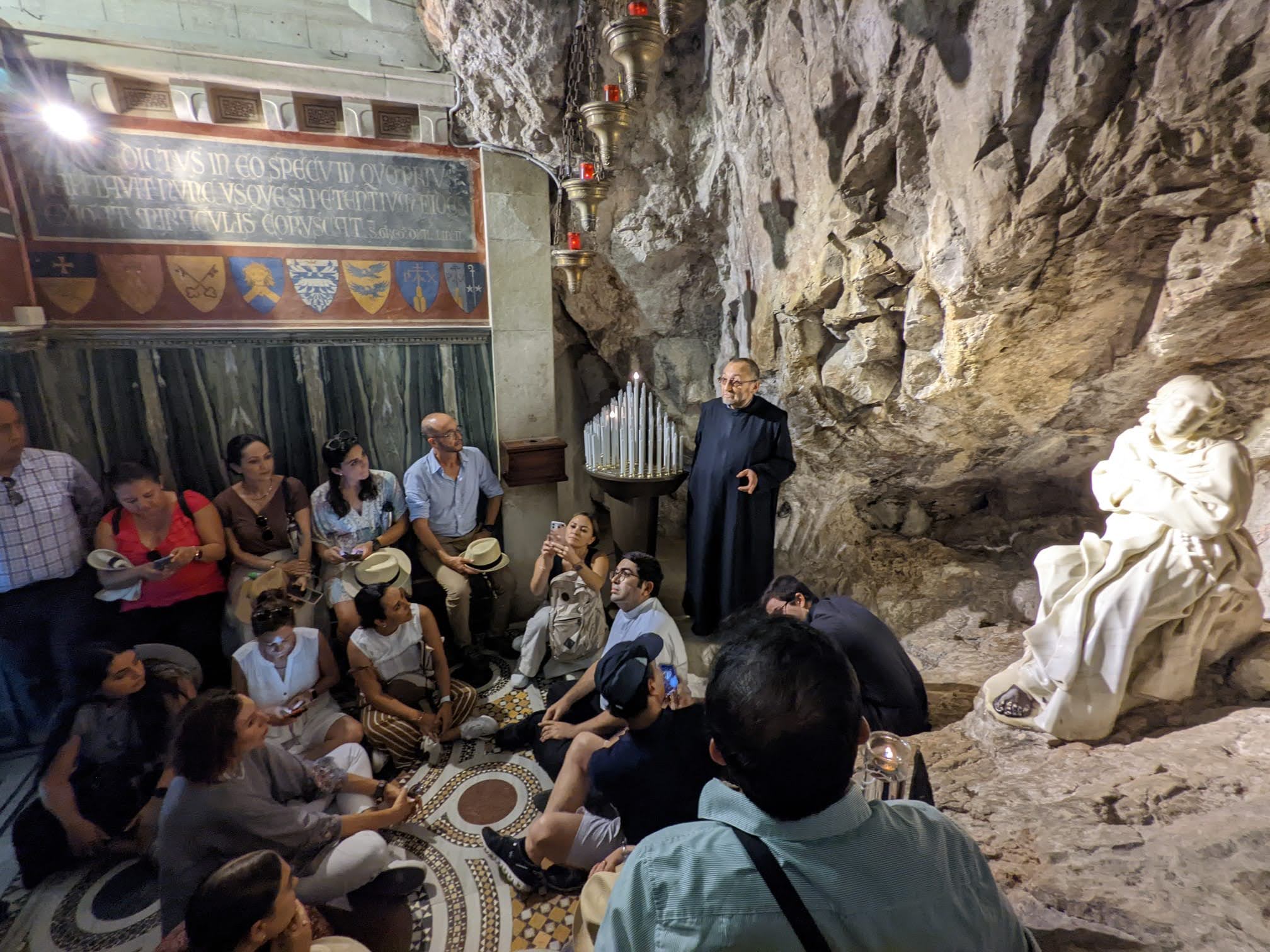Research Area: Dialogue and Evangelization in Postmodern Culture
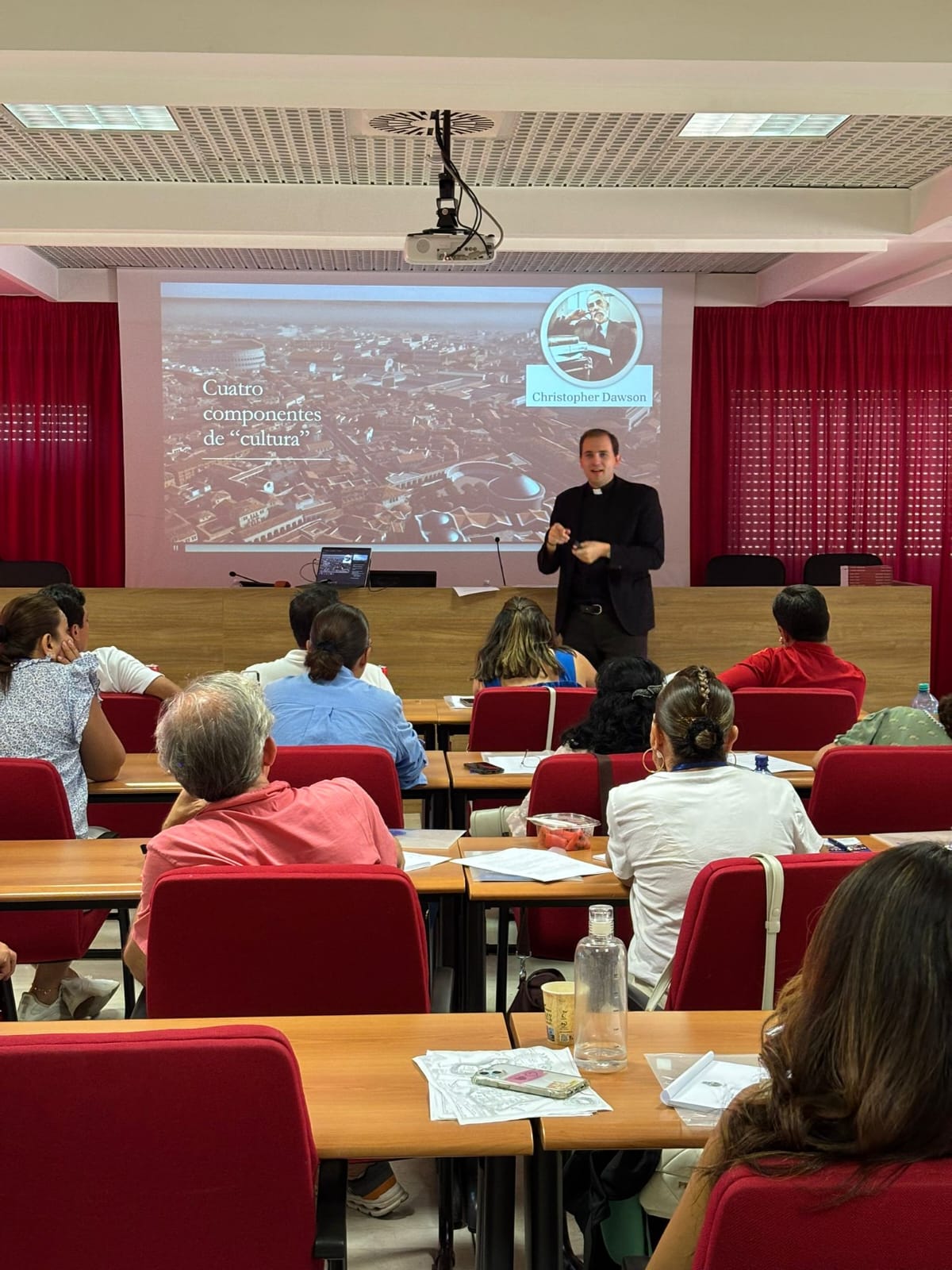
Identity and Vision
The line of research proposes to deepen, evaluate, and promote dialogical competence in a postmodern culture with the goal of promoting the evangelization of the cultural and academic sectors. As researchers in philosophy and theology, we are motivated by the objective of exploring ways to overcome the aporias created by the disruptive effects of influential postmodern ideas in culture at large, and in the academic world in particular.
It involves collaborative study, teaching, and dissemination among academics and engages a specific market audience, as its core projects offer means (diplomas, courses, conferences, publications, etc.) that serve cultural leaders, pastoral agents, and educators who seek to be trained in their capacity to dialogue with and within the culture and to evangelize it.
.
Directors
Strategy and Research Questions
The line of research is directed by a team of directors who carry out the functions of an interdisciplinary scientific committee.
In addition, there are several ways to collaborate in the research line, primarily by participating in one or more of its projects, such as a lecturer (involved in research and teaching), a fellow (academic assistant students), or as an undergraduate or doctoral student investigating a topic related to dialogue and evangelization in postmodern culture.
The scientific inquiry of the line focuses on several fundamental questions and themes:
- Exploring and evaluating different academic, pastoral, and existential approaches to dialogue and evangelization in postmodern culture.
- How to move from the dialectical tendency of polarization to a dialogical attitude of mutual purification and enrichment?
- What is the theological foundation of dialogue?
- Which philosophical principles are relevant for the cultural dimension of evangelization?
- How can the Catholic worldview contribute to the academic world in the context of postmodernity?




